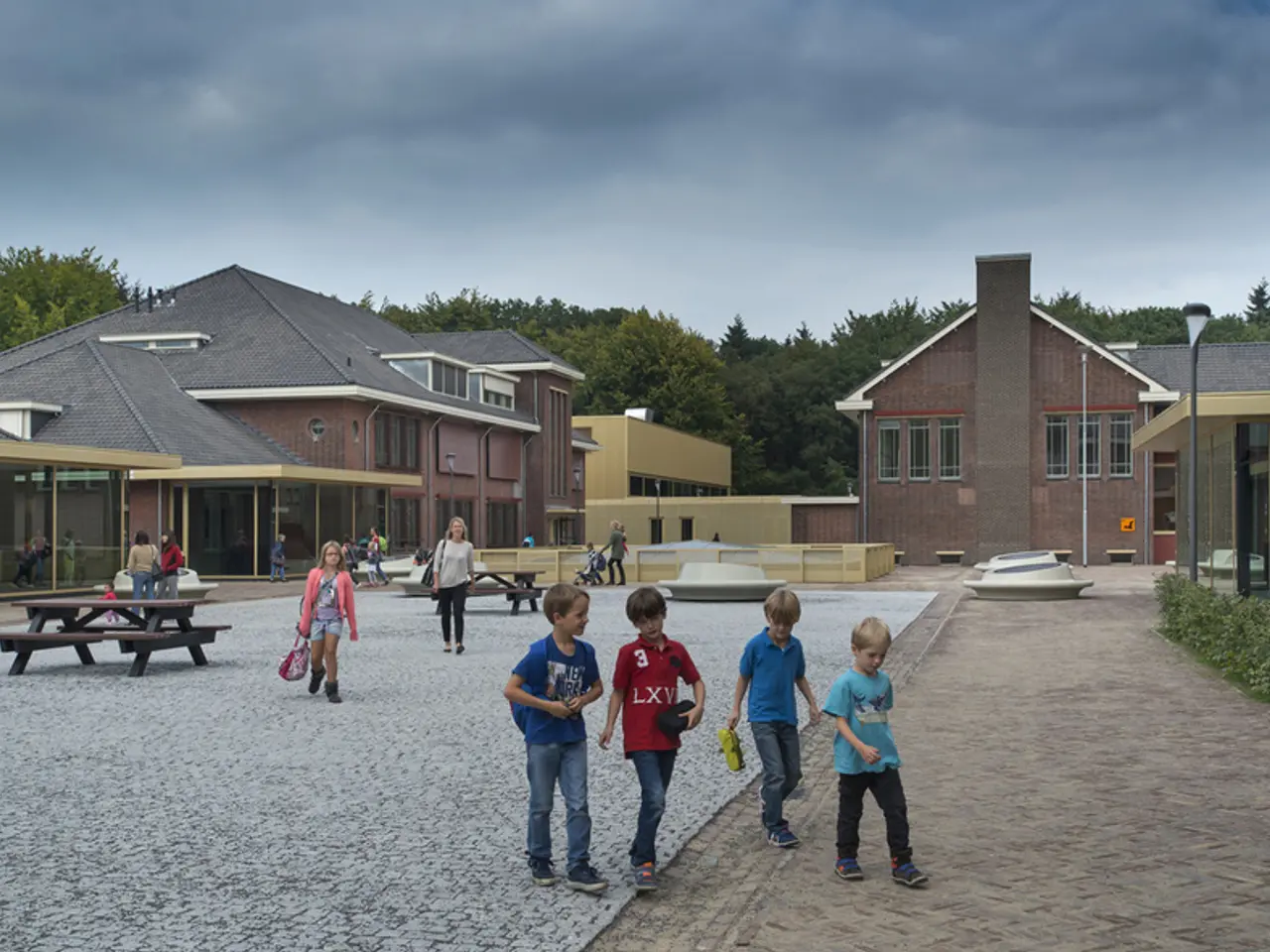Homeschooling in U.S. Grows, Diversifies, as Study Reveals Short-Term, Flexible Trends
Homeschooling in the United States is growing, with around 6% of students opting for it. A recent study by Johns Hopkins University reveals that most adults who were homeschooled also attended other educational sectors. This trend is seen across diverse families, including those from Black, Hispanic, and LGBTQ communities.
The shift in homeschooling is notable, with over half of these adults having been homeschooled for only a short period, one to three years. Angela R. Watson, a leading researcher in homeschooling at Johns Hopkins, notes that many families combine homeschooling with other educational sectors. This flexibility allows families to cater to their children's unique needs.
The U.S. Census data shows that homeschooling parents are more likely to identify as sexual minorities, indicating a shift in the demographic of homeschooling families. This growth is also seen in conservative Christian communities, as recently highlighted by The New York Times. However, critics like Elizabeth Bartholet from Harvard Law School express concerns about potential abuse and neglect in homeschooling environments.
The Supreme Court has long recognized parents' right to homeschool their children, as seen in the 1972 case Wisconsin v. Yoder. Today, homeschooling is a growing and evolving practice, with diverse families choosing it as an educational option. As research continues, understanding the motivations and outcomes of these educational choices will be crucial for supporting families and students.
Read also:
- Setting Up and Expanding Operations at a Soil Blending Facility
- Surveying the Scene: Legality, Drones, and American Anti-Terror Strategy
- Regional University's healthcare system strengthened through collaborative partnership with Chancellor Dr Fiona Hill
- Reminisced University Trustee David M. Flaum as a 'fervent advocate' for the University and community




